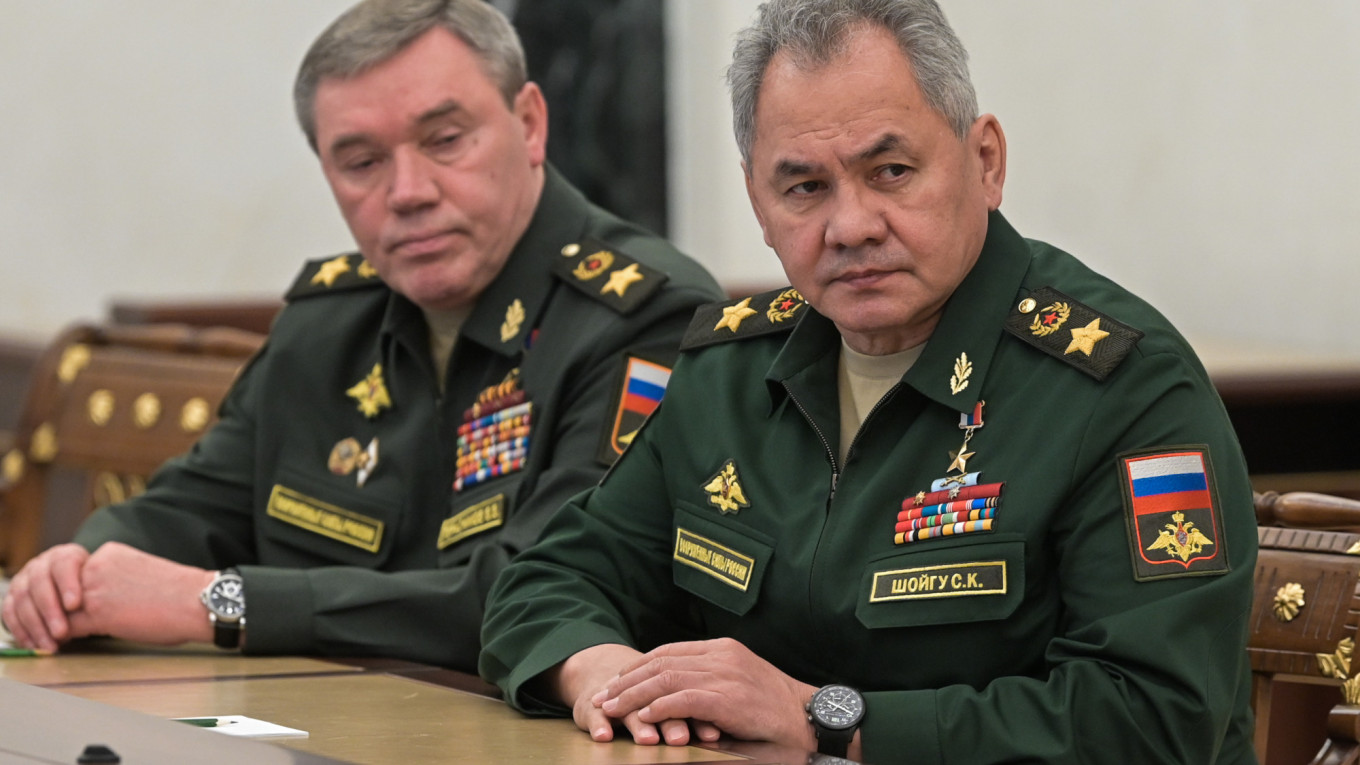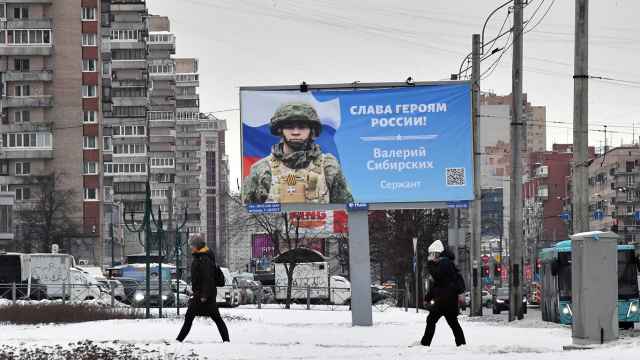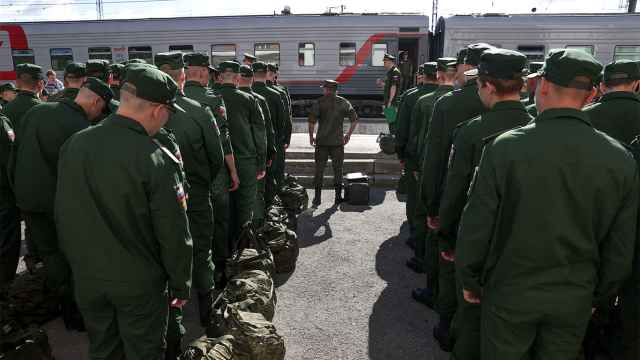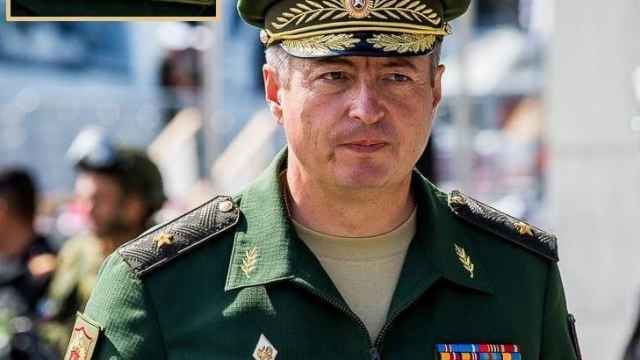Russia’s Chief of the General Staff of the Armed Forces Valery Gerasimov paid an unusual visit to the frontline in Ukraine amid the Russian military’s slow progress to capture eastern territories, The New York Times reported Sunday.
“Our working assumption is that he was there because there’s a recognition they haven’t worked out all their problems yet,” said one of two unnamed U.S. officials with knowledge of General Gerasimov’s visit.
Ukrainian officials said they launched an attack on one position visited by Gerasimov in the Russian-held city of Izium in eastern Ukraine on Saturday evening.
But Gerasimov had already left for Russia by then, The New York Ties cited an unnamed Ukrainian official as saying.
They added that 200 soldiers and at least one general were killed in the attack on School No. 12 in Izium, which has become one of the Russian military’s bases of operations in the pursuit to seize eastern Ukraine.
Russian military bloggers known as the Conflict Intelligence Team (CIT) have said that two Russian Defense Ministry and National Guard Tu-154 airliners arrived at a Belgorod airport near the Ukraine border on Saturday.
On Sunday. CIT said two Mi-8 transport helicopters and three Ka-52 attack helicopters arrived at the airfield under heavy security.
“A source confirms that it was Gerasimov who flew in. But he boarded the flight on his own, alive and healthy,” CIT founder Ruslan Leviev said on Twitter.
Russia’s Defense Ministry has not commented on Gerasimov’s reported visit late last week.
Gerasimov is the highest ranking Russian uniformed officer to have visited Ukraine.
He is said to be one of three people, along with President Vladimir Putin and Defense Minister Sergei Shoigu, in charge of planning the invasion of Ukraine.
A Message from The Moscow Times:
Dear readers,
We are facing unprecedented challenges. Russia's Prosecutor General's Office has designated The Moscow Times as an "undesirable" organization, criminalizing our work and putting our staff at risk of prosecution. This follows our earlier unjust labeling as a "foreign agent."
These actions are direct attempts to silence independent journalism in Russia. The authorities claim our work "discredits the decisions of the Russian leadership." We see things differently: we strive to provide accurate, unbiased reporting on Russia.
We, the journalists of The Moscow Times, refuse to be silenced. But to continue our work, we need your help.
Your support, no matter how small, makes a world of difference. If you can, please support us monthly starting from just $2. It's quick to set up, and every contribution makes a significant impact.
By supporting The Moscow Times, you're defending open, independent journalism in the face of repression. Thank you for standing with us.
Remind me later.






